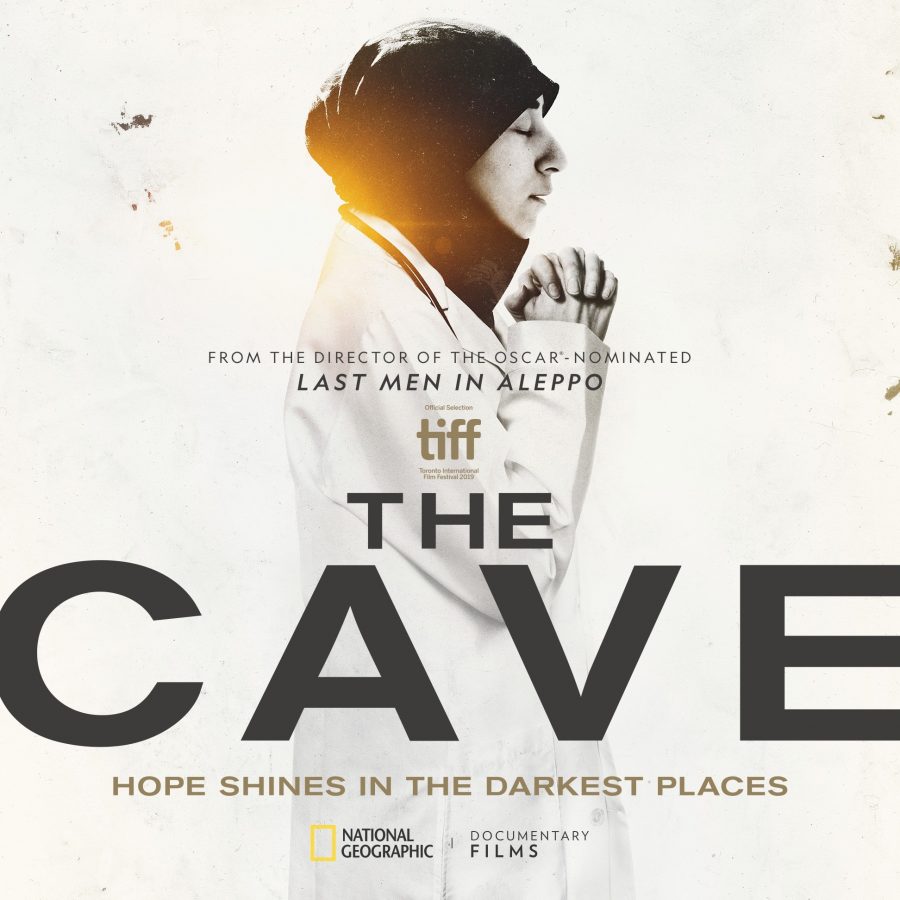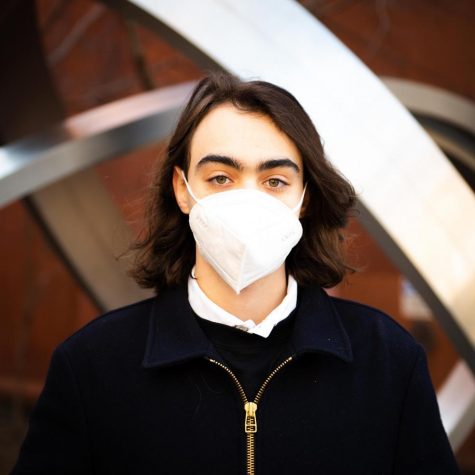“Keep on smiling for the children, it’s the least we can do,” says Dr. Amani Ballor, as the walls of the Cave ring with the echoes of destruction from the warplanes bombing Eastern Al Ghouta. “The Cave” documents Ballor’s day-to-day life in the midst of the Syrian Civil War. Dealing with dwindling supplies, lost and dying children and grieving patients on a daily basis, it’s a miracle Ballor doesn’t simply combust under the strain of her job’s demands as managing director of the underground hospital. With no time or place to breathe, Ballor darts across the cavern, making sure everything is in place, everyone is doing their job and the stench of death isn’t overwhelming.
Overworked and dejected due to her calamitous surroundings, Ballor provides us with the perfect entry point to explore the strange nobility that arises from dealing with constant devastation, the type of nobility that seizes the entirety of your being and strips you of your personhood in order to replace it with a mandorla of hope others can rely on for survival. Ballor’s virtue is inspirational to her team and her patients. She is guided by generosity in a world of war; even if all she can do is smile, she continues to give.
This documentary by Feras Fayyad can be seen as a counterpart to his earlier Syrian war documentary, “Last Men in Aleppo”, which came out in 2017. The film premiered at Toronto International Film Festival this year where it won the People’s Choice Award for Documentaries. The film has already garnered critical acclaim and even some Oscar buzz following its festival premiere.
Trapped in the suffocating underground of “The Cave,” director Feras Fayyad follows Ballor’s constant efforts to keep the operation afloat. In true cinema-verite fashion, Fayyad and his three cinematographers, Khair Al Shami, Suleiman and Eyad, pull no punches in their depiction of death, famine and panic in Eastern Al Ghouta. The result is a disquietude that will accompany you for days after the credits roll.
Ballor’s reality is a grueling one, and as she’s forced to pick up the clothes of the children that were left behind, you genuinely wonder if she’s finally reached her breaking point. Tears consistently stream down her face, and she somehow still musters the will to keep on trying to save lives despite the countless cadavers she’s had to face day after day. Her futile attempts at helping those on the verge of death seem as pointless and delusional as the screams of a man calling for help when he’s clearly already in a coffin six feet underground and yet, she persists. Ballor is not immune to the tragedy that surrounds her but she chooses to use her medical knowledge to triumph against it.
If anything, “The Cave” is the ultimate character study of acting nobly. Everyone’s dying and yet the fact that Ballor can still smile for the children says something reaffirming about the human spirit. Fayyad uses Ballor’s story to explore something beyond the urge to simply survive when dealing with constant suffering. Ballor does more than survive; she brings comfort and aid to her countrymen where the world has fallen apart around them. By focusing on Ballor, Fayyad somehow manages to make the ever-present dread digestible, allowing the audience to share her pain and take solace in her strength throughout the film. When she questions the purpose of her actions, you question your inaction, when she cries, you feel worthless and when she smiles, you feel as if the world is a better place.
In “The Cave,” Feras Fayyad manages to piece together an ode to noble perseverance in the face of catastrophe. The documentary doesn’t simply celebrate Ballor’s deeds, it challenges them in order to properly convey their importance. What use is comfort to a dying man? For Dr. Ballor, it is the least he deserves. At the end of the day, Fayyad grants you a truthful glimpse into the daily struggle of Ballor and her team in the midst of war, showcasing how and why they manage to overcome said adversity. “The Cave” ultimately succeeds in its exploration of despair by testing the limit of hope and showcasing the ability to overcome. It prevails each time it sees one more life saved in the wake of destruction.
“The Cave” is playing downtown at the Metrograph from Oct. 18 to Oct. 24. There will be a Q&A with Feras Fayyad after the Friday 8 pm and Saturday 7:30 pm showings.
A version of this article appears in the Tuesday, Oct. 15, 2019, print edition. Email Nico Pedrero-Setzer at [email protected].
























































































































































